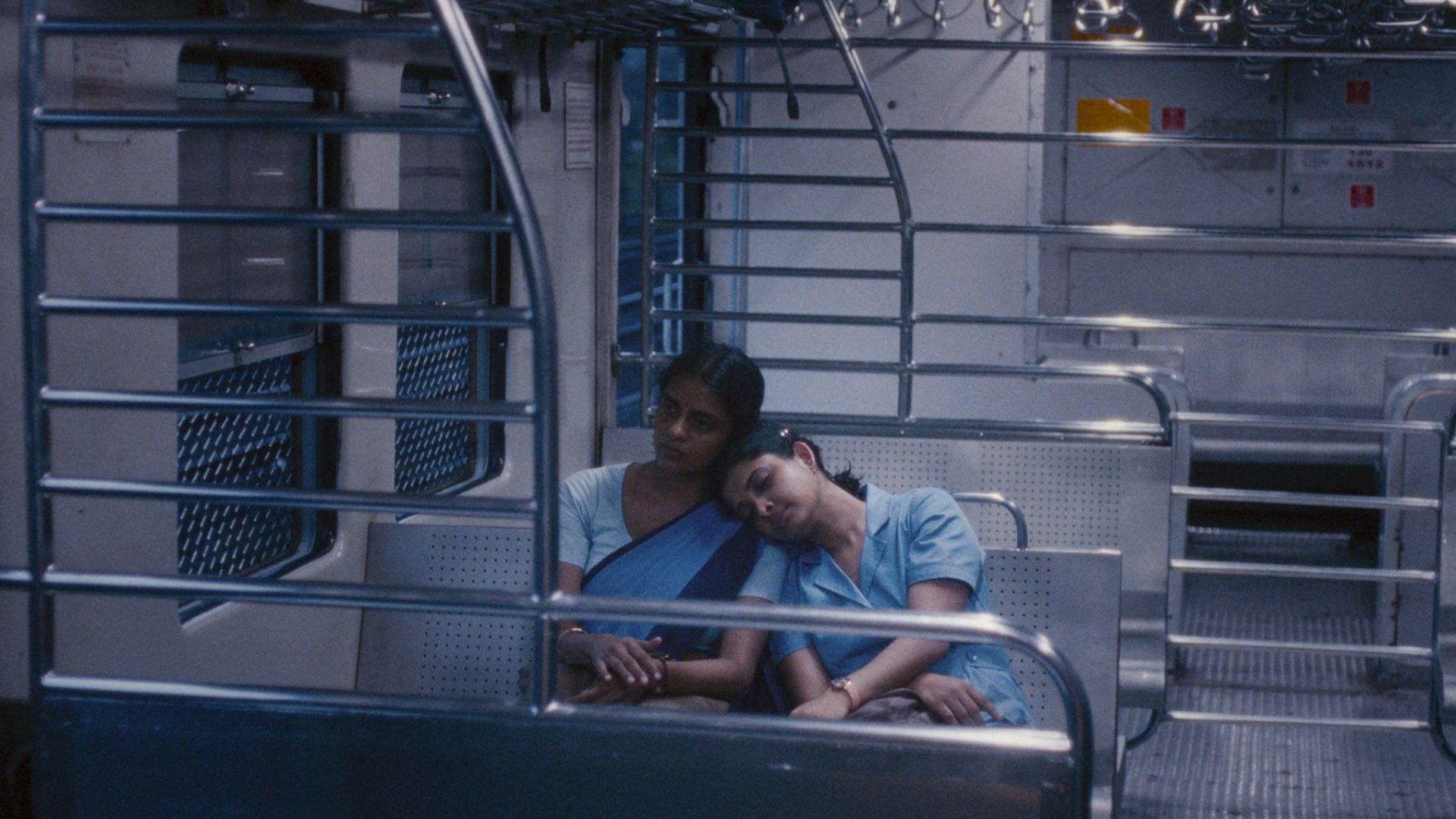Much of Indian cinema is characterized by the “masala” within many of its films. This term usually refers to a film that blends multiple genres, such as musical, romance, action, comedy and drama, among others. Films like “RRR,” which recently had its bout of fanfare and global accolades, are good examples of this.
This mishmash of genre is what makes Indian cinema so unique and enjoyable, and allows us to revel in moments of joy and euphoria. However, with the constant flow of high-budget, big-name masala-laden films, one is forced to wonder whether there is any room to spare in the Indian film industry for movies that depart from this norm. Filmgoers in the West have come to embrace small and independent productions, thanks to the elevated presence of indie distributors like Searchlight and A24. So, the question still stands: is there an equivalent space for similar productions in India?
Enter “All We Imagine As Light,” a quiet drama that revels in the mundanity of life with an emphasis on discovering kinship and sisterhood amid troubling times. The Cleveland Institute Of Art’s Cinematheque hosted a one-time screening of this film this past Friday, Jan. 24, along with a host of other international features.
Directed by newcomer Payal Kapadia and produced under production companies across Europe, the film offers a break from the myriad of joyful masala classics fans know and love, but does not lack in terms of gravitas or visuals. It tells the story of three women working in a busy Mumbai hospital. Prabha (Kani Kusruti) is a stoic Malayali head nurse who shares a flat with her younger Malayali colleague, Anu (Divya Prabha), who is heartstruck by her Muslim boyfriend Shiaz (Hridhu Haroon). Meanwhile, Parvathy (Chhaya Kadam) is facing eviction as her apartment is under threat of demolition and redevelopment.
Throughout the story, we see how the smallest of struggles unravel the emotional layers of these women, as well as some of the men around them—all while they live in a city that never feels like home to them. The imperturbable Prabha is caught off guard when a lonely migrant doctor from work, Dr. Manoj (Azees Nedumangad), befriends her while she’s simultaneously trying to rekindle her moribund marriage with her estranged husband in Germany. Anu struggles to arrange time with Shiaz, while dealing with the possibility of falling out with her Hindu family, as they express their wishes to marry her off. Parvathy struggles to prove her residency as her late husband dealt with all their paperwork, leaving her with no legal options. Amid all their challenges, they attempt to understand and stick up for one another, despite leading such widely different lives.
There is, however, one more character the film seeks to analyze: the city of Mumbai itself. From the long opening shots of Mumbai streets and nightlife to the multilingual narrations, Payal Kapadia gives the city life with every shot, as do the thoughts of the people who keep it alive. Among the narrations is one quote that is critical of the so-called ‘spirit of Mumbai’: “You have to believe the illusion, or else you’ll go mad,” the voice says in Tamil.
Every element in the film comes together to create a story that manages to instill a sense of relatability around the struggles depicted. It does not seek to move at your pace or appease your sensitivities. Instead, it shows you what life can be–and often is–for some, despite their attempts to escape its cruelty, either through their imagination or through one another. These characters imagine a way out of the city, out of struggle and out of expectations. It’s these subtleties that make “All We Imagine As Light” special in my eyes, even if film selection bodies, subreddits or even the Academy of Motion Picture Arts And Sciences doesn’t feel the same.



